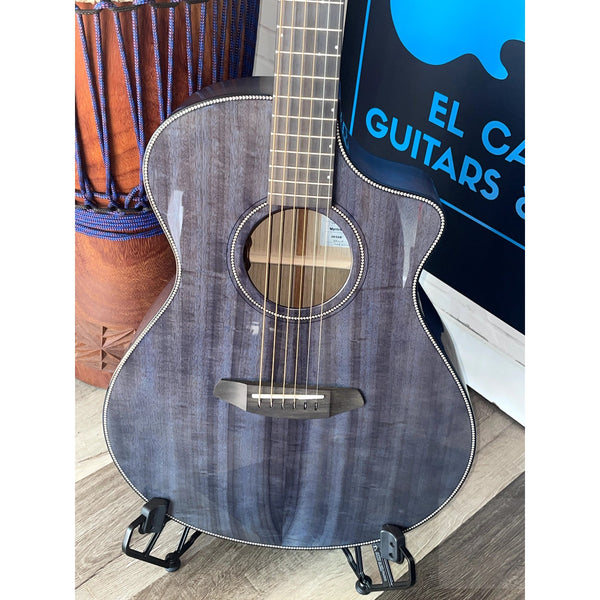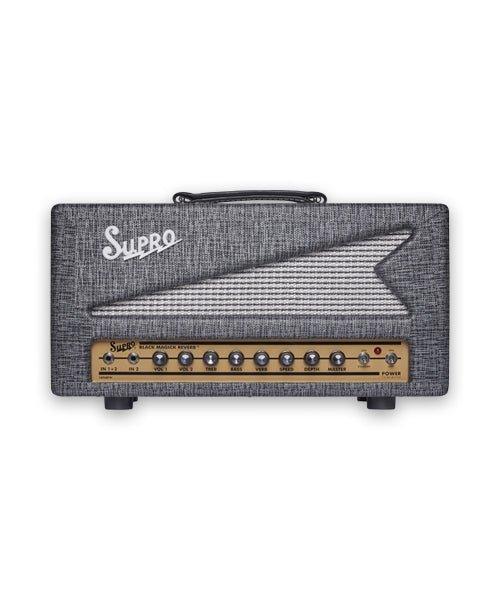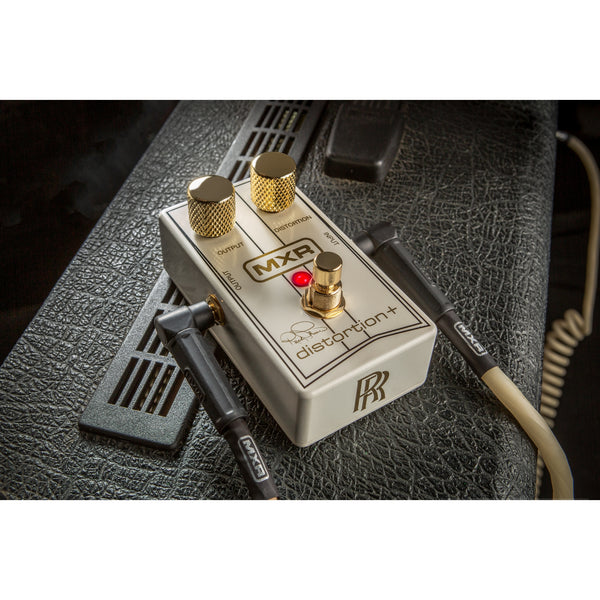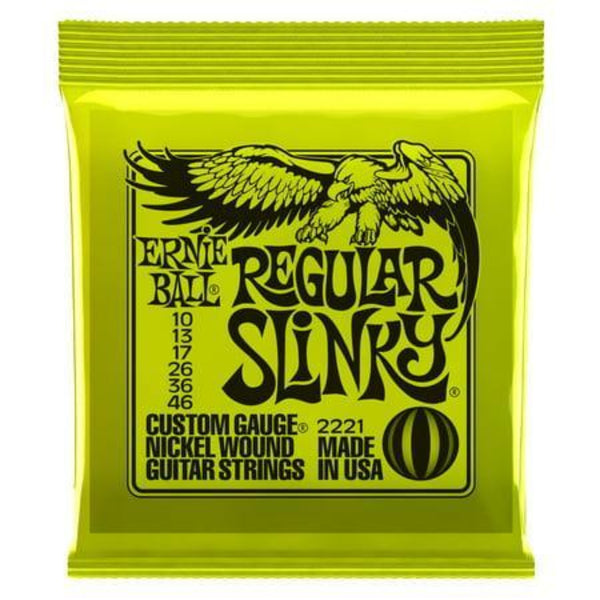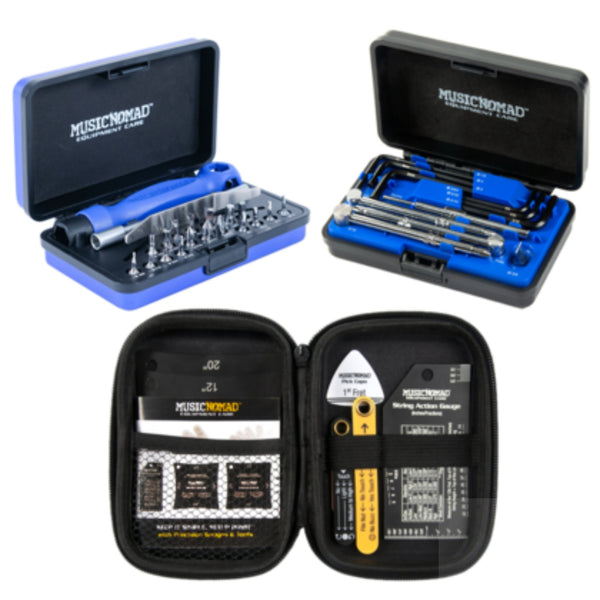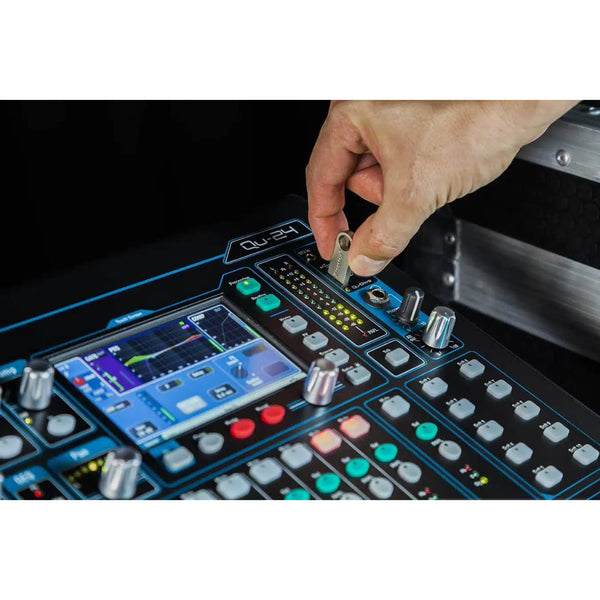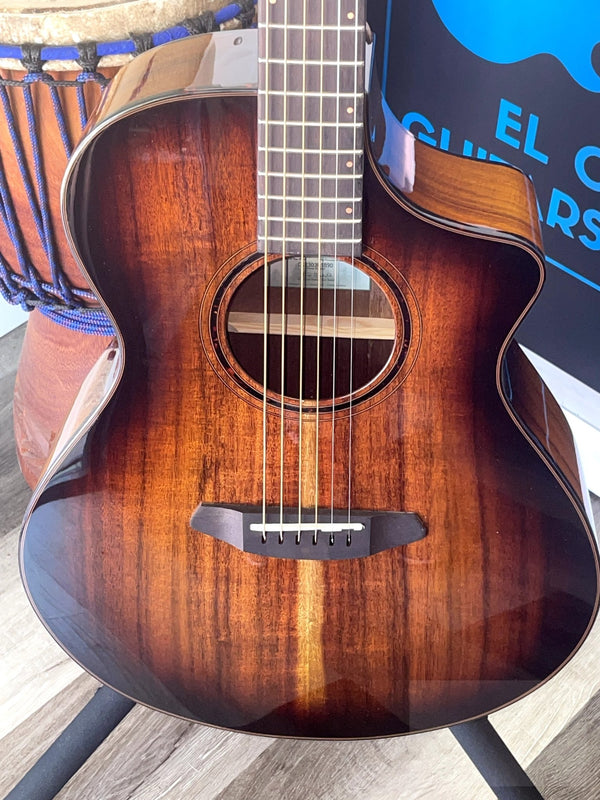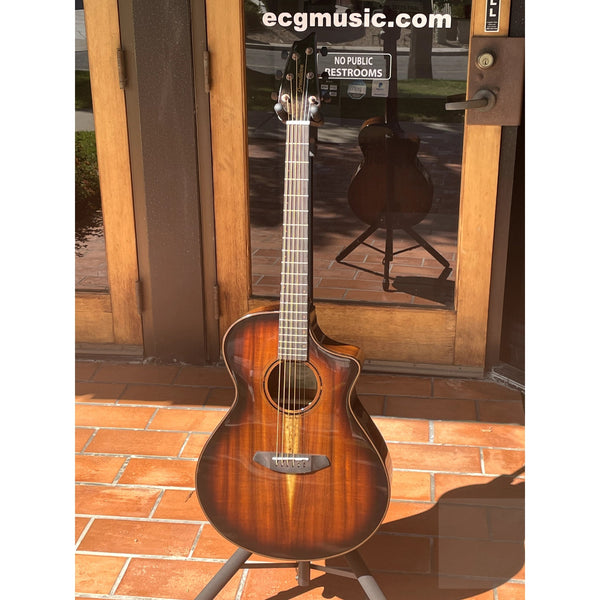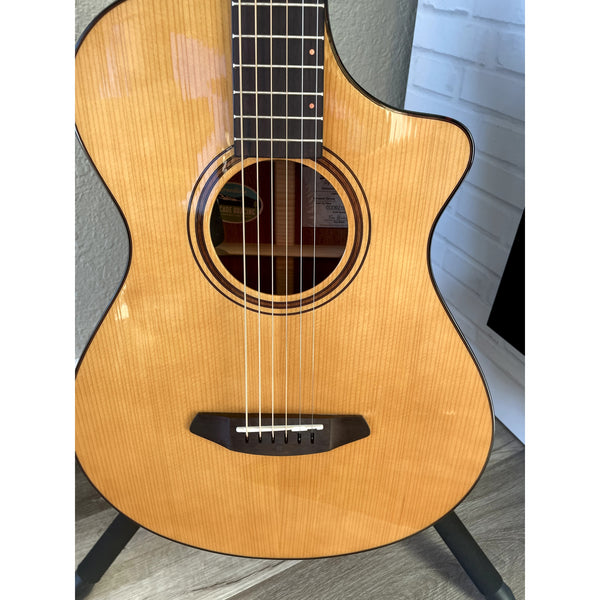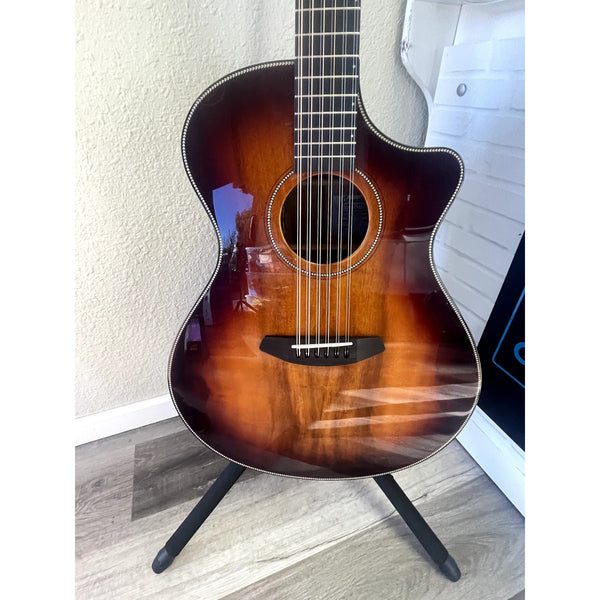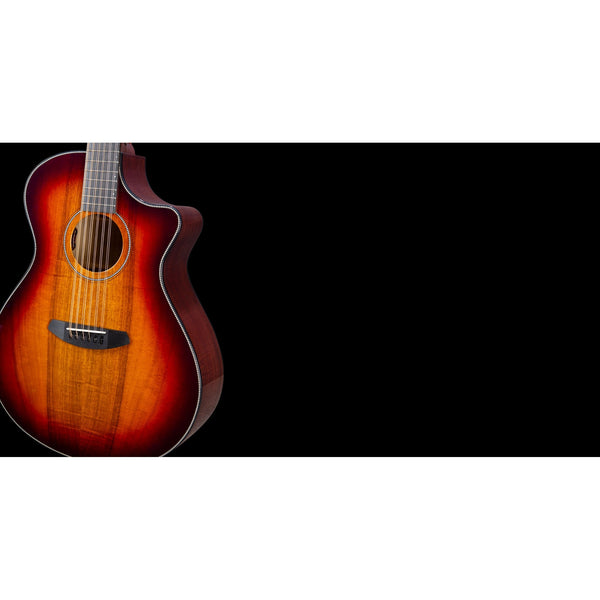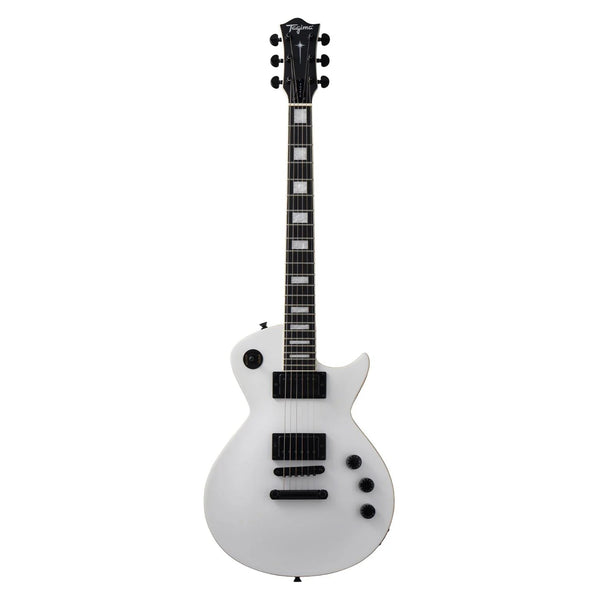
The Evolution of Electric Guitar Innovation: How Tagima Continues the Pioneer Legacy
The Birth of the Electric Guitar Revolution
After 40 years of playing guitar, I've witnessed firsthand how the electric guitar has evolved from its 19th-century origins to become a central instrument across all genres of music. The electric guitar has revolutionized modern music, profoundly shaping popular culture from blues to rock to pop.
But here's what most people don't understand: the guitar doesn't know the name on the headstock. What matters is the continuation of innovation that began with the early pioneers and continues today with companies like Tagima.
From Hollow Body Struggles to Solid Body Breakthroughs
The advent of electric guitars marked a transformative era in music history. Early electric guitars featured hollow body designs, which, while innovative, still suffered from feedback issues. The breakthrough came with the development of solid body electric guitars, pioneered by visionaries like Les Paul and Leo Fender.
These solid body designs significantly reduced feedback, allowing for a cleaner and more powerful sound. Central to this evolution was the introduction of electromagnetic pickups, which converted string vibrations into electrical signals. This technology drastically enhanced the guitar's sound projection and tonal versatility, enabling it to dominate various music genres.
The Pioneers Who Changed Everything
Leo Fender's Revolutionary Designs
Leo Fender revolutionized electric guitar designs by introducing the Fender Telecaster in the early 1950s. This solid-body guitar was groundbreaking, offering enhanced sustain and reduced feedback. Leo Fender, working with Freddie Tavares and George Fullerton, further advanced electric guitar design by creating the Fender Stratocaster - renowned for its versatility, ergonomic design, and innovative three-pickup configuration.
Les Paul's Collaborative Innovation
Les Paul, a prolific musician and inventor, collaborated with the company that bears his name to create the iconic solid-body model. His innovations in guitar design, particularly in solid body construction, played a crucial role in shaping the sound of modern music.
These pioneers didn't just improve the technical aspects of electric guitars - they influenced the playing style of countless musicians and laid the foundation for all modern electric guitar innovation.
How Tagima Embodies the Pioneer Spirit
The combination of solid body construction and advanced electromagnetic pickups laid the foundation for the modern electric guitar. Today, companies like Tagima continue this innovative legacy, proving that the spirit of guitar evolution didn't stop in the 1950s.
Honoring the Stratocaster Innovation
Tagima's Classic Series guitars honor the Stratocaster innovations while incorporating Brazilian craftsmanship and unique tonewoods. Our Tagima T 640 Super Classic features the classic single coil neck and middle pickups with humbucker bridge configuration - the perfect evolution of the original HSS concept. The Tagima T 635 Classic offers traditional Stratocaster styling with Brazilian improvements that the pioneers would appreciate.
Telecaster Heritage Continued
The Tagima TW 55 Butterscotch pays homage to Leo Fender's first great success while incorporating modern playability and Brazilian craftsmanship that represents the natural evolution of his original vision.
Les Paul Legacy Advanced
Tagima's single-cut guitars demonstrate mastery of the Les Paul design philosophy. The Tagima Almach and Tagima Mirach Flamed Transparent Amber capture the sustain and power of the Les Paul concept while adding Tagima's distinctive Brazilian character and superior value proposition.
The Brazil Series - Premium Innovation
Tagima's Brazil Series represents the pinnacle of modern electric guitar craftsmanship, featuring premium Brazilian tonewoods and high-end components. The Tagima Rocker Cosmos Made In Brazil with Bare Knuckle pickups and Gotoh hardware exemplifies innovation that rivals guitars costing thousands more.
Our Tagima Stella H2 semi-hollow guitar represents innovative design that synthesizes the best of electric and acoustic guitar traditions - exactly the kind of thinking the early pioneers embraced.
Original Designs That Advance the Art
What truly sets Tagima apart are their original designs that incorporate elements from all past electric guitar innovations. The Tagima Sixmart SC Blue and Tagima OASIS T represent guitars that blend the best aspects of Stratocaster versatility, Les Paul power, and modern playability innovations.
These original designs represent the true spirit of the pioneers - taking the best ideas from guitar history and creating something new that serves today's players.
Smart Guitar Technology - The Next Evolution
Just as electromagnetic pickups revolutionized guitars in the 1950s, smart guitar technology represents the next evolutionary leap. Tagima's Tagima Lumi-X White Sparkle Smart Guitar features built-in effects, tuner, looper, drum machine, and practice modes - technology that continues the innovative spirit of the early pioneers.
Brazilian Excellence in Modern Guitar Craftsmanship
Tagima represents everything the early pioneers believed in: quality construction, innovative thinking, and instruments built for players, not collectors. As Brazil's #1 guitar brand, Tagima has earned the trust of legendary musicians like Gilberto Gil and Marisa Monte, proving that innovation and excellence transcend geography.
Márcio Zaganin - Master Luthier Oversight
Every Tagima guitar benefits from the oversight of Márcio Zaganin, Brazil's most respected luthier. This personal attention to craftsmanship reflects the same commitment to quality that drove the original pioneers.
Unique Brazilian Tonewoods
Where the early pioneers used the best available materials of their era, Tagima utilizes native Brazilian tonewoods like Marupa, Marfim, and Pau Ferro that offer tonal characteristics unavailable anywhere else. This represents true innovation - using local resources to create something genuinely unique.
The Complete Evolution Continues
Tagima's range demonstrates how modern guitar making should work:
- Classic Heritage: T 635 Classic and T 640 Super Classic - Stratocaster innovations with Brazilian improvements
- Telecaster Evolution: TW 55 Butterscotch - The original solid-body vision advanced
- Single-Cut Excellence: Almach and Mirach Flamed - Les Paul concepts refined
- Brazil Series Innovation: Rocker Cosmos and Stella H2 - Premium instruments with exotic Brazilian woods
- Original Designs: Sixmart SC and OASIS T - Guitars that synthesize guitar history
- Smart Technology: Lumi-X Smart Guitar - The future of electric guitars
The Ney Nakamura Vision
When Tagima founder Ney Nakamura moved to Huntington Beach in 2017, he brought the innovative spirit of the early pioneers full circle - back to Southern California, where so much guitar innovation began. Our special relationship with the Tagima team in nearby Huntington Beach means we can order any model not currently in stock and receive it quickly.
Why Innovation Matters More Than Brand Names
Whether it's a Stratocaster design, a Les Paul design, or an original creation like the Rocker Cosmos, what the pioneers taught us is that what matters is:
- Quality of materials and construction
- Attention to setup and playability
- Value that serves musicians, not shareholders
- Innovation that moves the instrument forward
The Pioneer Spirit Lives On
The early pioneers would appreciate Tagima's approach: taking foundational designs and making them better through superior materials, careful craftsmanship, and genuine innovation. This isn't about copying the past - it's about honoring it while building the future.
As I tell customers: we aren't trying to sell your grandfather's guitar to young people. We want people to play and have fun with instruments that represent the continuing evolution of electric guitar innovation.
Experience the Evolution at El Cajon Guitars
We carry the complete Tagima line in stock, and thanks to our special relationship with the Tagima team in Huntington Beach, we can quickly order any model not currently available. Browse our complete Tagima collection and discover how Brazilian craftsmanship continues the pioneer legacy.
Free shipping on all Tagima guitars. Each instrument comes professionally set up and ready to inspire your best playing.
The guitar doesn't know the name on the headstock - but it knows the difference between genuine innovation and mass production.

